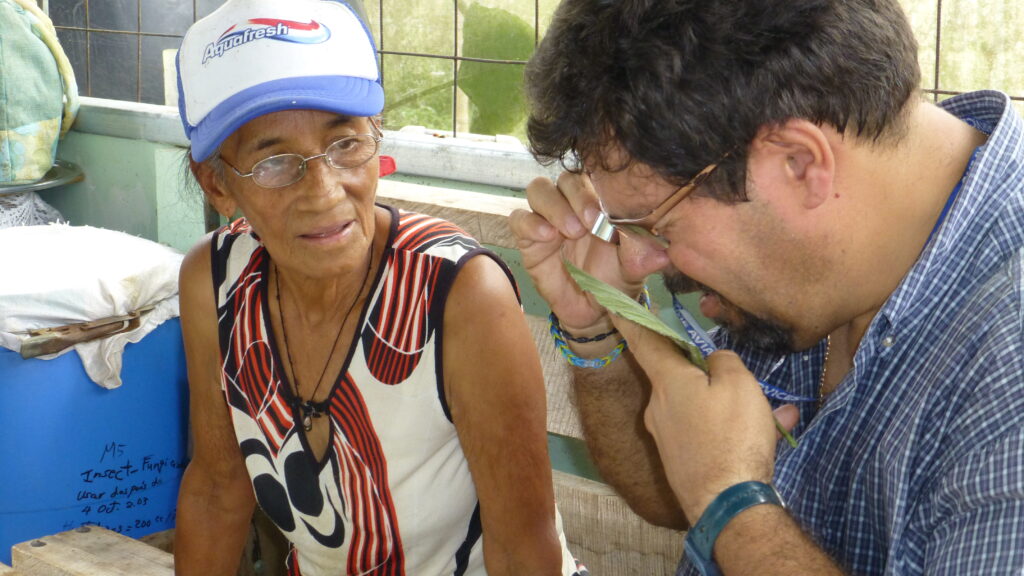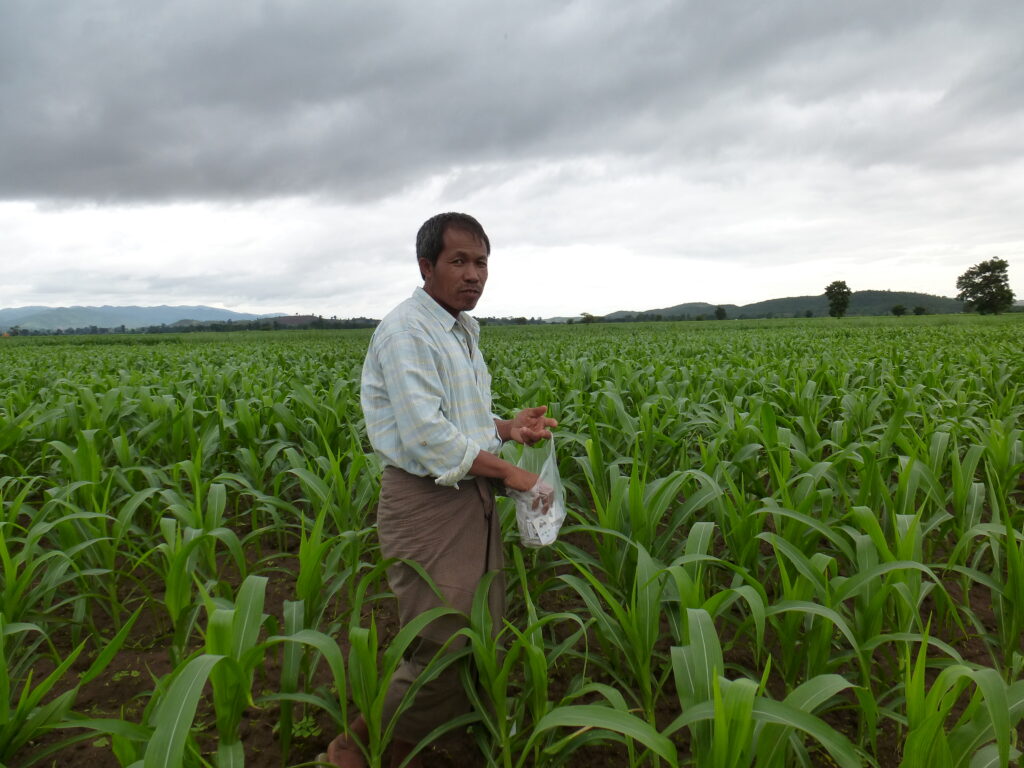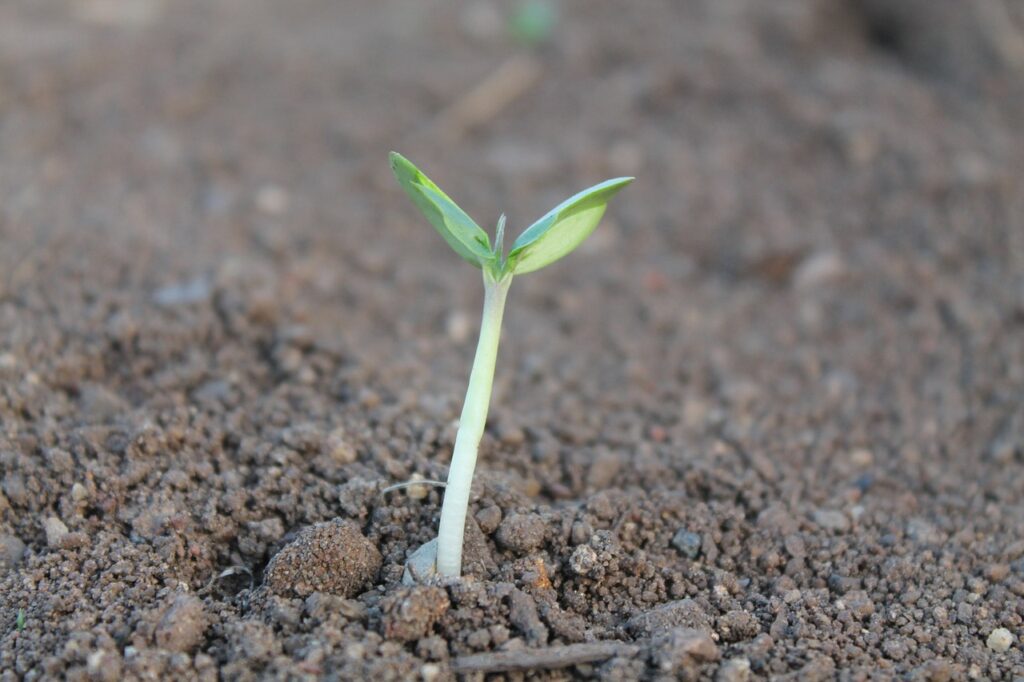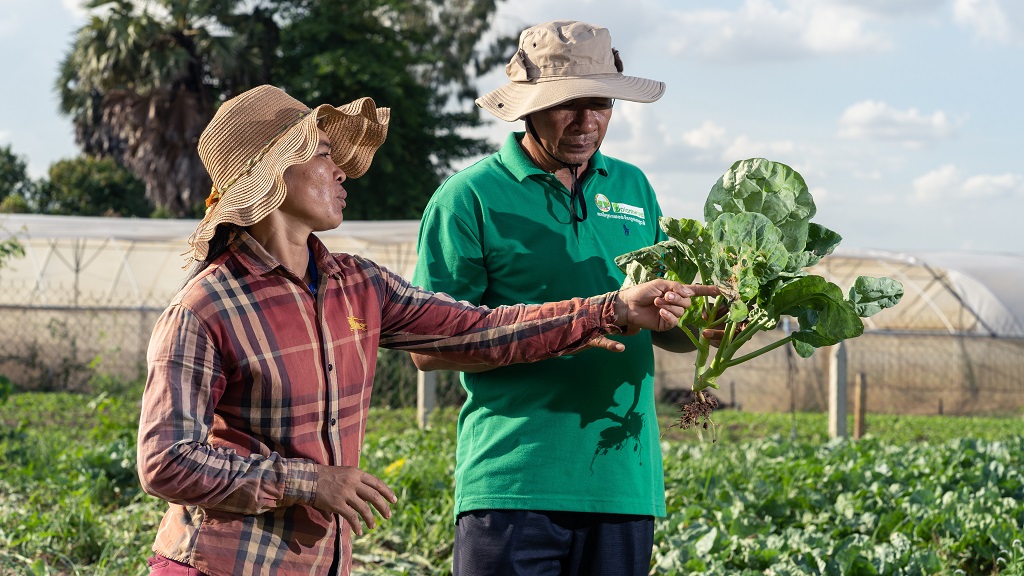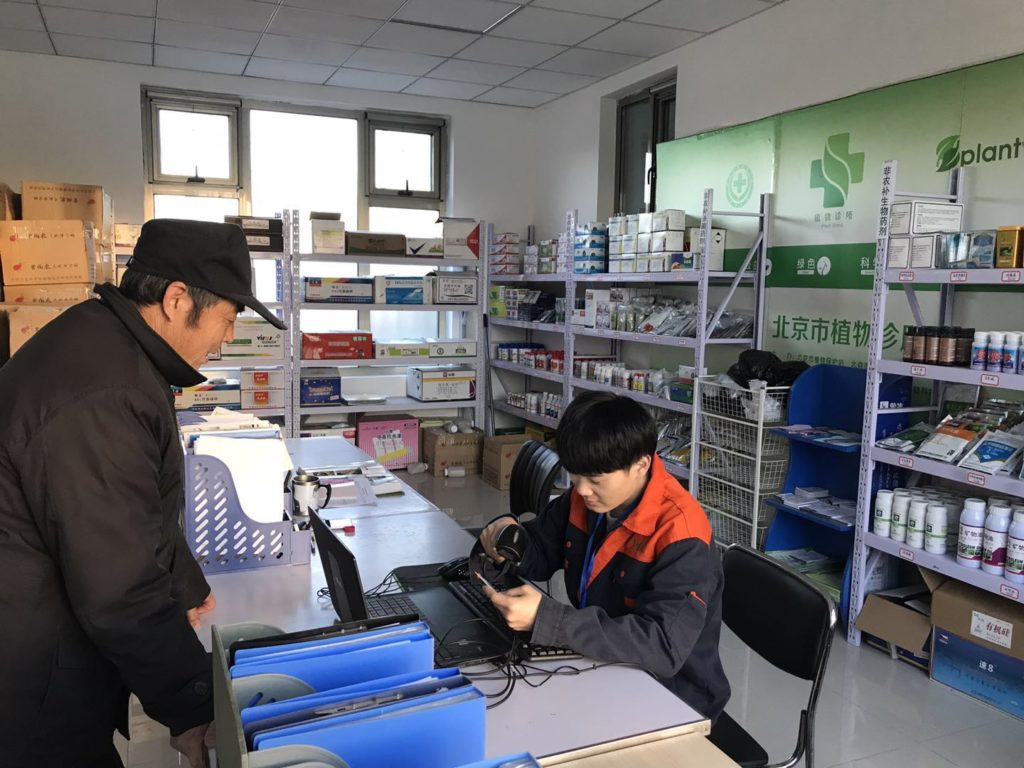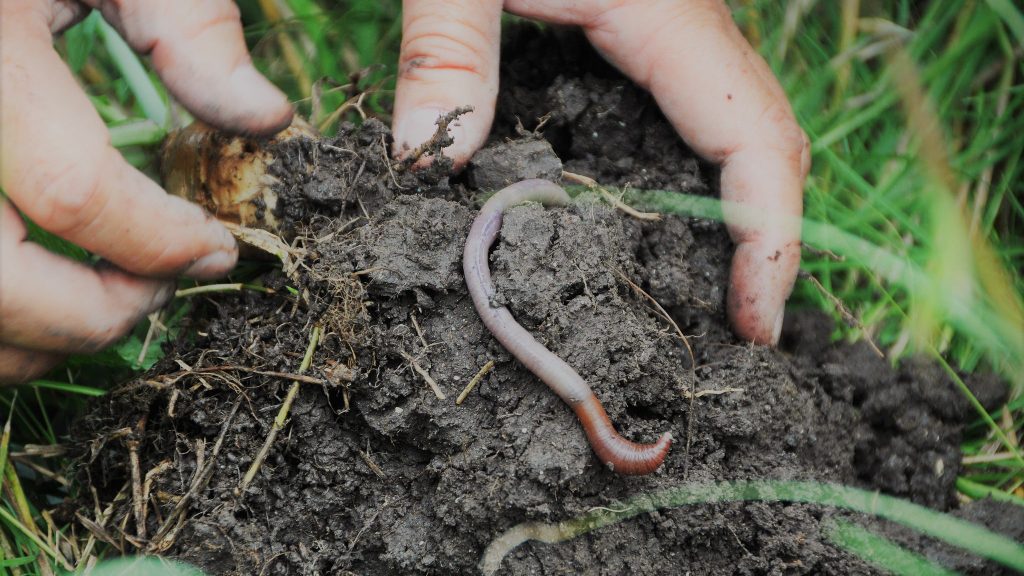Plant health knowledge helps residents of wildlife conservancy turn from poaching to farming
Simalaha Community Conservancy aims to protect endangered wildlife. However, several years ago, it faced a big challenge. People living within the parks’ boundaries were poaching animals for food and income. The Conservancy is managed by Peace Parks Foundation. They addressed the problem by helping residents to shift from poaching to smallholder farming. But in 2020,…
Plantwise innovations highlighted in UN Climate Change report
CABI’s work in supporting agricultural decision-making for smallholder farmers using innovative digital tools has been featured in a new report by the United Nations Framework Convention on Climate Change (UNFCCC), the United Nations body coordinating climate action around the world.
Can farms maintain productivity while reducing pesticide use?
A new UN report states that it is dangerously misleading to suggest that pesticides are necessary to achieve food security. Instead, the report recommends that farms reduce pesticide use and adopt sustainable practices that protect crops from pests by enhancing biodiversity and natural enemies. This agroecological approach eliminates reliance on, and exposure to, expensive and toxic…

